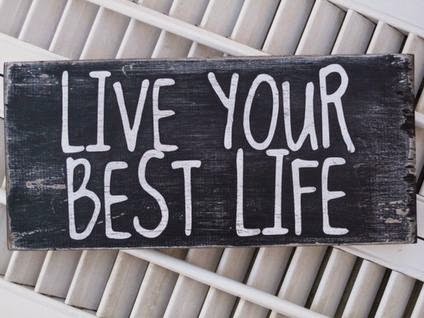Sometimes the memory of my hospitalization comes back to me
in cinematic flash backs.
“Give me paper. I need paper,” I screamed at the triage
nurse in the ER.
This was the second time I’d been to the ER in as many
weeks. I apparently had my shit together too much during my first visit to the
ER to be admitted. I was put on a waiting list to receive outpatient treatment.
But, by my second trip to the ER, my mania had tailspinned into
psychosis. Bipolar disorder with psychotic features is common in type 1 bipolar disorder.
I grabbed the paper and pen from the nurse’s hand and
scribbled “Jesus loves Karl Rove.” I
underlined the phrase and then shoved the paper back at the nurse.
In my demented mind, I firmly believed that the campaign tactics
used by Karl Rove in the 2004 presidential election were an elaborate scheme to
shove me out of the religious community in which I had grown up. I had lost everything
after those elections, or so it seemed. I became severely depressed and
once my depression lifted these manic thoughts took over.
I don’t remember anything else about the triage room after
that point. I woke up to my grandparents beside me in my hospital bed.
A doctor soon came in to tell me that I was coming down from
a manic episode and that I had a textbook case of bipolar type 1.
That episode occurred 10 years ago. I’ve been on 900 to 1200
mg of lithium daily since. I’ve had great success with my treatment with little
side effects, but not everyone is as fortunate.
The death of 28-year-old Natalie Fuller should remind us all
how serious this disease really is. Natalie lost her battle with mental illness on March 14.
Natalie experienced her first psychotic break at 22 — the
same age that I was when I experienced mine.
Natalie’s mother wrote an account
of Natalie’s battle with mental illness in the Washington Post. In the story she said Natalie would go through phases
were she would quit taking her medicine. She said Natalie didn't think they worked for her.
When I first received my diagnosis, the psychiatrists at KU Med put
me on a cocktail of lithium, Depakote and Risperdal. My hands trembled, I
gained 20 pounds and I felt no emotions. I wanted to get off it all, but the
doctors convinced me to tapper down to just the lithium and give it a try. They
explained that every time you relapse the episodes get worse and the shorter
the period between episodes the more intense subsiquent episodes will be.
Getting off medication is not an option, they said. You will
end up back in the hospital; you might end up in jail; you could end up dead.
I've been on my medication for 10 years because the thought
of the hospital, jail and death scare me.
15 to 17 percent of people who have bipolar disorder die by
suicide. Put inperspective, approximately .0101 percentof the general population in the United States dies by suicide. The survival rate of stage 2 breast cancer is higher than that of bipolar disorder.
This, my friends, is a serious, deadly illness. Let’s start
treating it that way.



